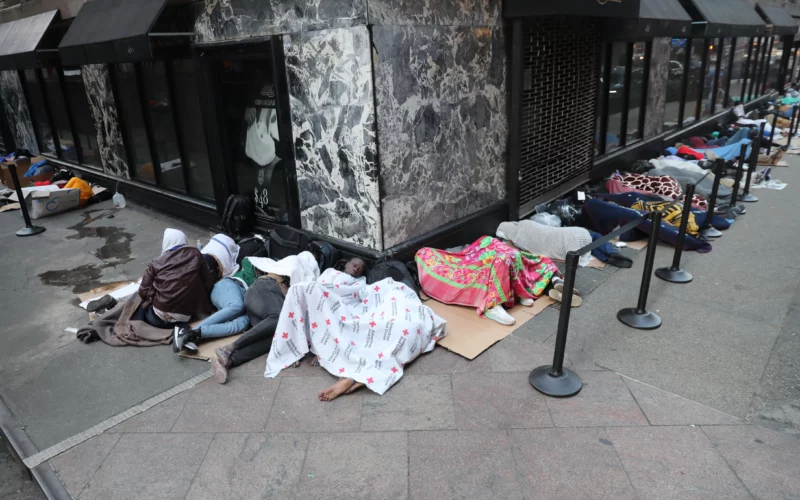A Journalist investigation has revealed that hundreds of complaints about mistreatment by staff in Home Office accommodations for asylum seekers have been lodged over the past year. These complaints encompass allegations of abuse, harassment, neglect of vulnerabilities such as mental health issues, and inappropriate entry into private rooms.
Data obtained through a freedom of information request shows that 428 complaints were filed regarding staff behavior and treatment of asylum seekers, and an additional 463 complaints were related to the quality of meals provided, which included reports of inedible food and insufficient milk for children.
These incidents occurred in what the Home Office describes as initial accommodation, often comprising hotels or large-scale housing sites managed by contractors. Asylum seekers are instructed to report issues to these contractors, who then forward the complaints to the Home Office. The Home Office, however, did not provide a detailed breakdown of the specific concerns raised in these complaints.
Several asylum seekers shared their experiences. One individual reported that a male staff member used a key to enter their bedroom unannounced while his daughter was inside, leading to ongoing anxiety about security. Another asylum seeker expressed frustration over the inadequate provision of milk for children and restrictive food rules, describing the treatment as dehumanizing.
Refugee Action, a charity that records complaints from asylum seekers in hotels, highlighted several alarming cases. One involved a woman, a victim of sexual exploitation, who was trapped in her room due to a faulty door and had to rely on staff to let her out. She recounted an inappropriate comment from a male manager offering her accommodation at his house. Another case reported by a doctor noted children suffering from stunted growth and vitamin deficiencies.
Volunteers and advocacy groups have voiced concerns over the behavior of security staff. Georgia Eracleous from Care4Calais noted that the predominantly male security personnel often behave aggressively and intimidate asylum seekers, entering rooms without permission and making unfounded threats of deportation.
Tim Naor Hilton, chief executive of Refugee Action, emphasized that the reported complaints likely represent only a fraction of the actual issues. Many asylum seekers, he explained, refrain from reporting problems due to fear of negative repercussions on their asylum claims or disbelief and inaction from authorities. He called for the next government to overhaul current contracts and adequately fund local councils to provide housing and services.
A recent report by parliament’s cross-party Public Accounts Committee revealed that 300 hotels were in use for asylum seekers as of March, with another 100 having ceased operation. The report raised concerns about self-harm and suicide among asylum seekers in temporary accommodations and criticized the Home Office for failing to enforce penalties for significant safety failures despite contractual safety measures.
A Home Office spokesperson responded by stating that, despite record levels of arrivals, support is provided for destitute asylum seekers. They asserted that food provided in asylum hotels meets NHS Eatwell standards and caters to various cultural and dietary needs. The spokesperson added that concerns are addressed in collaboration with service providers, and all complaints are taken seriously.








